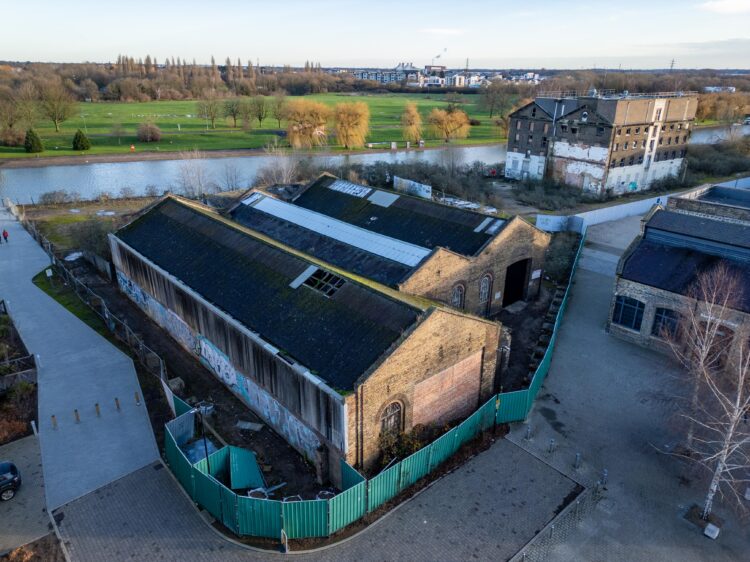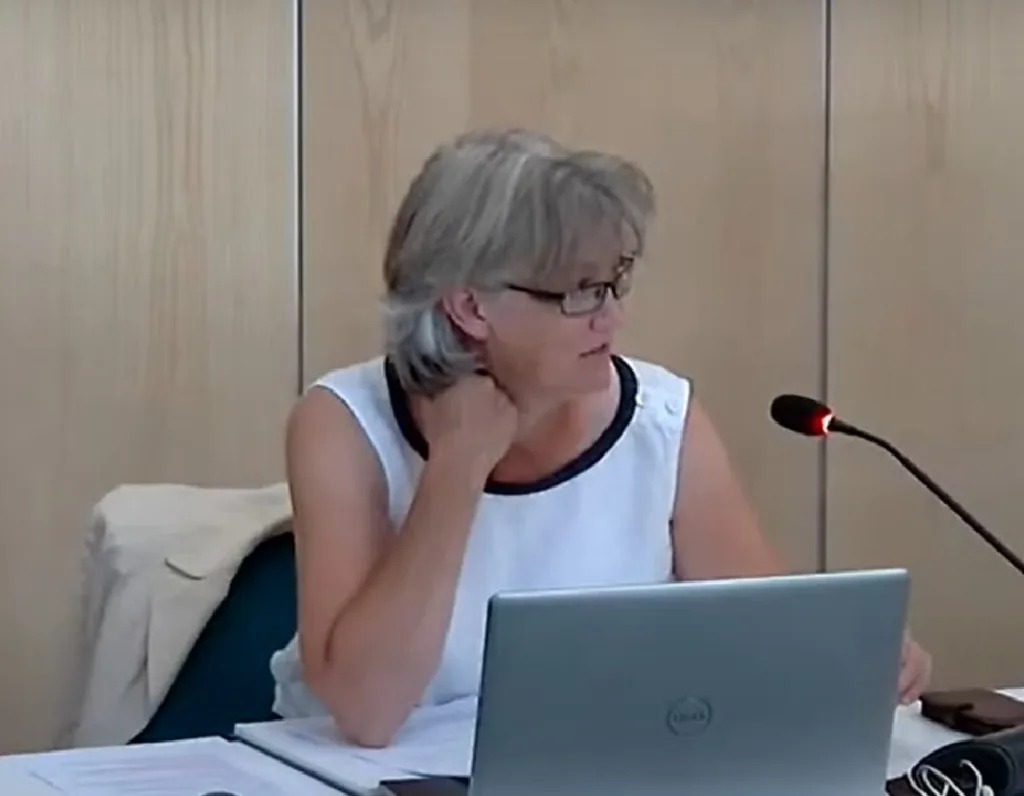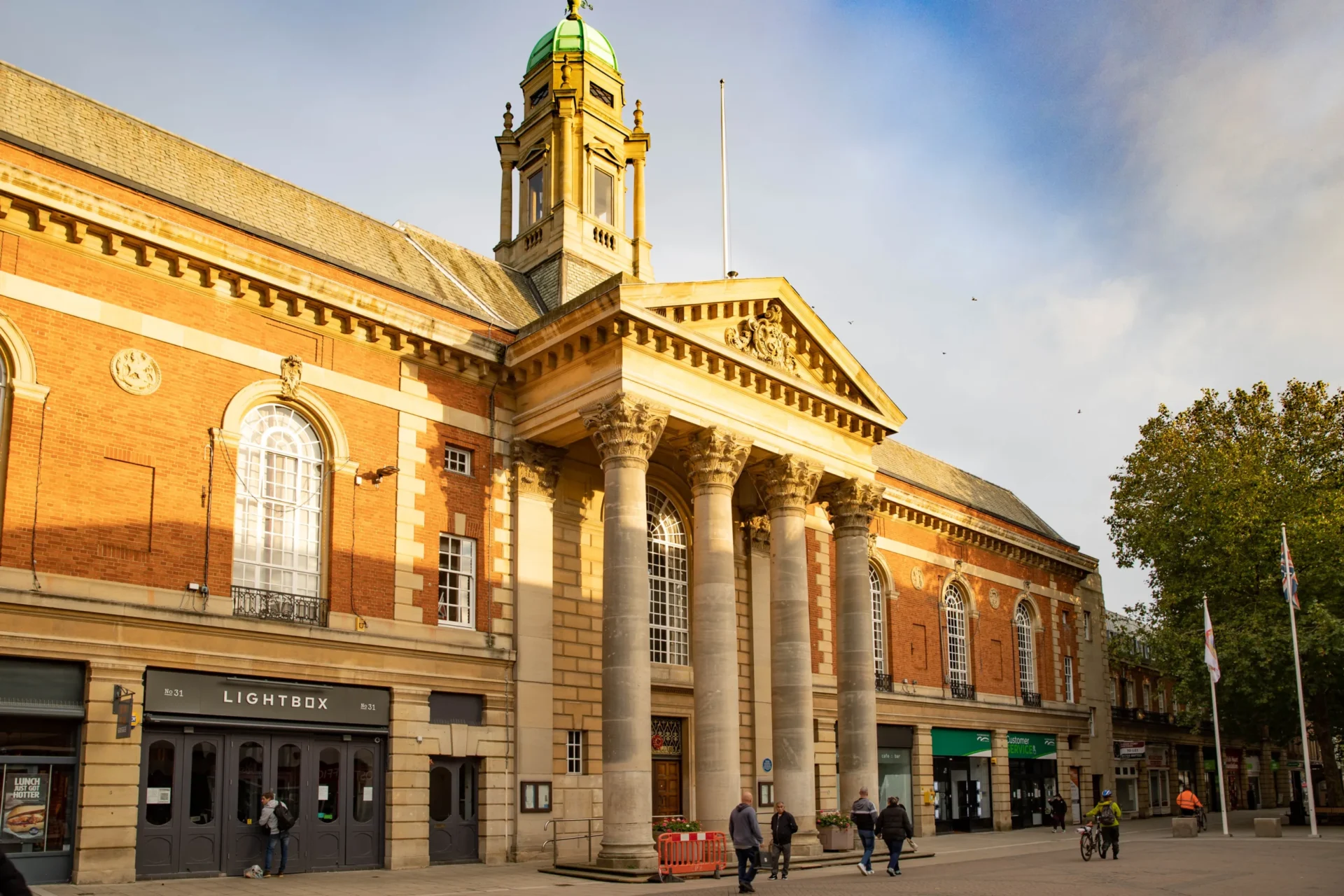A former Victorian Railway Goods Shed in Fletton Quays, Peterborough, could be sold for £250,000 with the buyer awarded grant funding of £1,895,000 to help to transform it into a food and drinks hall. The city council cabinet will be asked to authorise the sale and grant funding on December 17.
Cabinet will be asked for approval to sell the Railway Goods Shed and work with developer, Farholt Goods Shed Limited, to transform the disused venue.
“The purchaser has provided their funding profile which will accompany the grant agreement which sees the grant spending spread across the lifetime of the project,” says a report to cabinet.
“The purchaser will be funding the remaining construction and fit out cost using institutional investors and other sources.
“Given Farholt Limited is a dormant company and Farholt Goods Shed Limited is a newly active subsidiary, we haven’t been able to complete the necessary checks on the company.
“We have completed checks on the purchasers individually and other companies, and no concerns were raised from the information available.
“The purchaser has the knowledge, skills and contacts to meet the planning, building and grant funding requirements of the development.”
The report adds: “The council has explored other forms of security against the grant agreement, and it was concluded that the grant agreement would be registered as a restriction on title. Other securities either could not be offered, impacted private sector borrowing or carried little weight.”
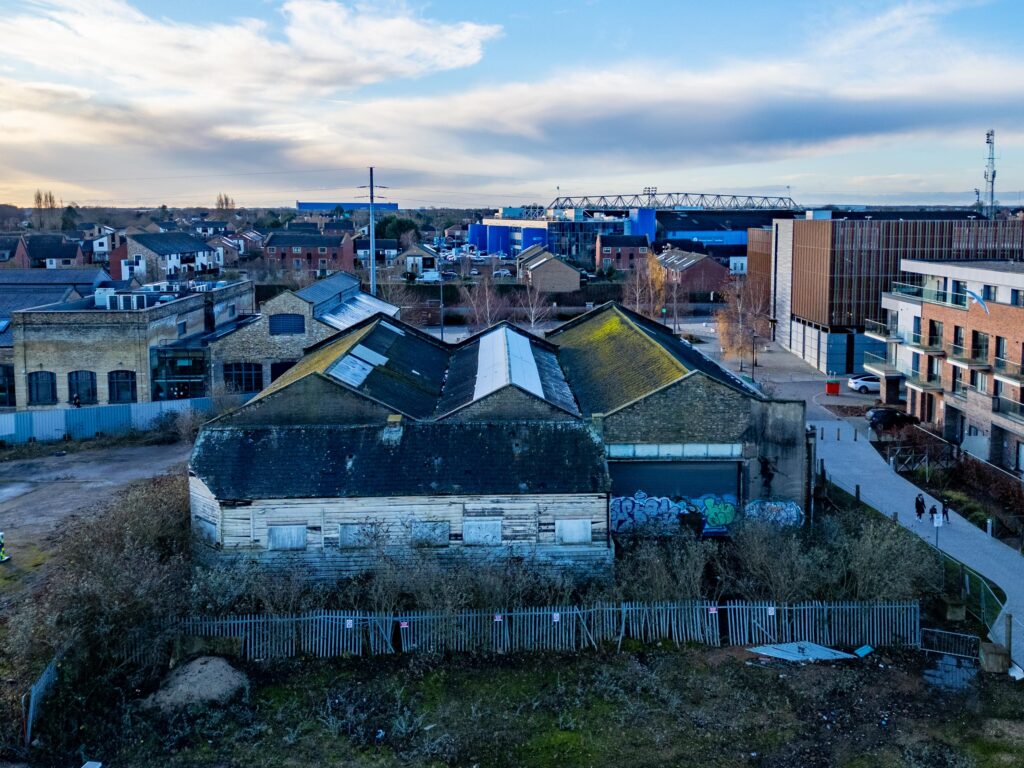
Fletton Quays, Peterborough
Thursday 19 December 2024.
Picture by Terry Harris.
The parties are targeting exchange in January 2025, with completion of the transfer being subject to planning approval. The contract will be drafted so it falls away if planning permission is refused.
The purchaser target milestone dates for project delivery includes:
- Design commencement – January 2025
- Planning submission – June 2025
- Planning award – October 2025
- Completion of sale transfer – November 2025
- Construction – February 2026
- Construction practical completion – February 2027
Cabinet will be told the £1.895m grant is approximately 20% of the purchaser’s total development value.
The costing is likely to be reviewed and reduced throughout the design stage, to reduce the viability gap further. The grant funding will be used towards design and construction.
Councillor Nick Thulbourn, cabinet member for growth and regeneration said: “We’re excited to put forward our proposals for The Goods Shed.
“The site is a fantastic opportunity to transform a derelict building into a thriving destination for people to enjoy in a part of the city that’s seen a major amount of investment.
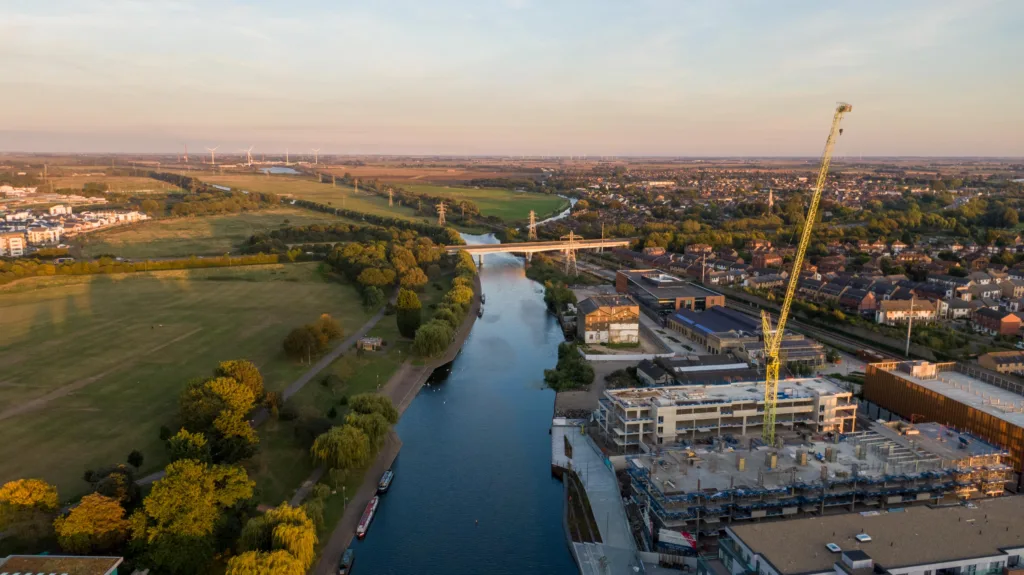
Picture by Terry Harris.
“If agreed, these exciting plans will mean people will be able to enjoy food and drink from a host of unique and independent street food vendors in one location, in a large communal space.
“Our vision is to create a unique and exciting destination for people to enjoy.”
The proposals also include incubator space for small local hospitality businesses.
The Goods Shed, which was part of the former Peterborough East railway station, is one of eight projects to receive money from the £22.9m Government Towns Fund programme.
Peterborough City Council submitted its Town Investment Plan in July 2019 and was allocated up to £22.9 million towards nine projects including purchasing and redeveloping 62-68 Bridge Street into a new flagship library and cultural hub.
The project was intended to deliver a new library, education and workspace facility and food hall incubator to support start-ups and smaller food related businesses to grow.
“This project is known as the Vine,” says the report to cabinet.
“The project has gone through several iterations and in 2023 it was decided it was unviable to deliver The Vine at 62-68 Bridge Street.
“The Vine was agreed to be delivered across two sites including Central Library and the Goods Shed on Fletton Quays. A separate report will be presented to Cabinet on the wider Vine project in 2025.”
The report says the council acquired the freehold of the Goods Shed in February 2024 for £250,000.
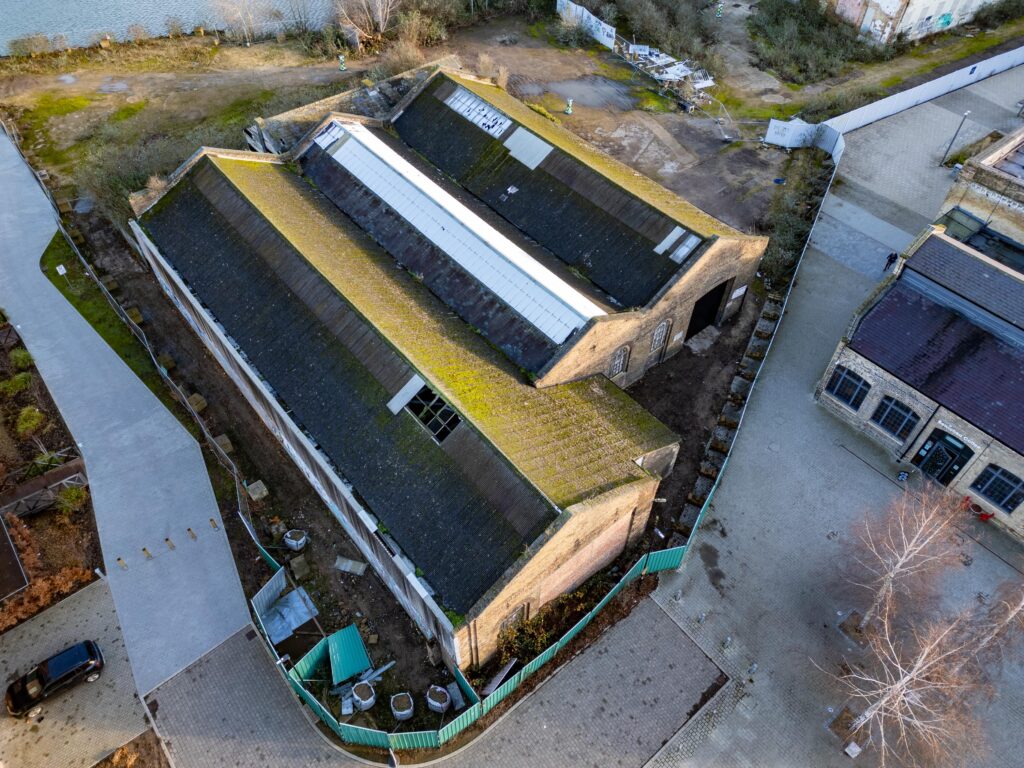
Fletton Quays, Peterborough
Thursday 19 December 2024.
Picture by Terry Harris.
“The purpose of the acquisition was to deliver the food hall element of the Vine, and to see one of the remaining buildings on Fletton Quays come forward for redevelopment,” says the report.
The report also sets out the objectives of the Goods Shed project:
- To create a driver of visitor footfall that will be of wider benefit to other businesses and helps this part of the city become economically vibrant.
- To develop a facility that will be well used by all sectors of the community including local businesses and the city’s new University.
- To deliver incubator spaces for food and beverage businesses
- The Goods Shed will be highly visible along the riverbank for car and bus users creating a natural marketing opportunity for the building itself and the city centre beyond.
The Goods Shed is a Grade II listed Victorian building.
The property is vacant and has had no use since the site was used by the railway.
It extends to approx.1,158 m2 (12,464 ft2) gross internal area of which 992m2 (10,682 ft2) comprises the main shed, being a single open plan former industrial area, and 166m2 (1,782 ft2) comprises ancillary 68 structures.
The property occupies a riverside site of approx. 0.411 hectares (1.01 acres) adjacent to Sand Martin House, the council’s principal office building.
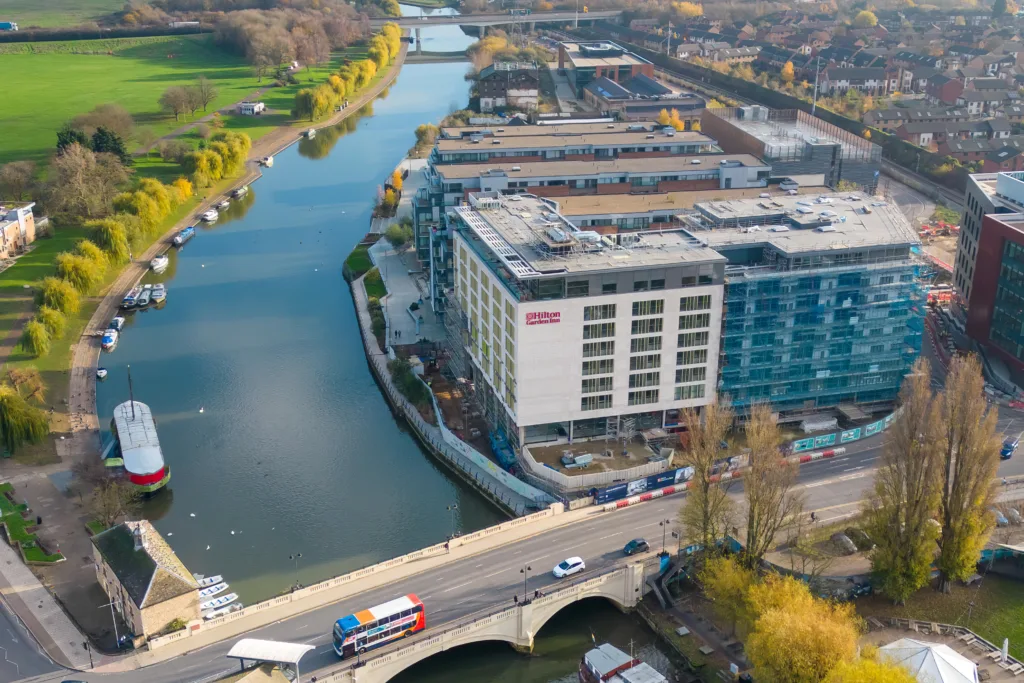
The report adds: “The grant funding remedies a market failure by gap funding part of the redevelopment cost to make the development viable.
“A market failure is the gap between the market value and the cost of the development.
“It would enable the council to deliver its Towns Fund objectives including seeing a building regenerated with a long-term use to support the local economy and people living within.
“The project has abnormal costs associated with its history as a railway shed and the building’s listed building status, making it difficult for the private sector to fully fund the investment needed.”
The vision, says the council, is to create a destination venue that is inclusive for everyone.
“The project will offer an incubator for small local hospitality businesses, and the council is permitting other ancillary complimentary uses to support viability providing the primary use is as a food hall,” it adds.


